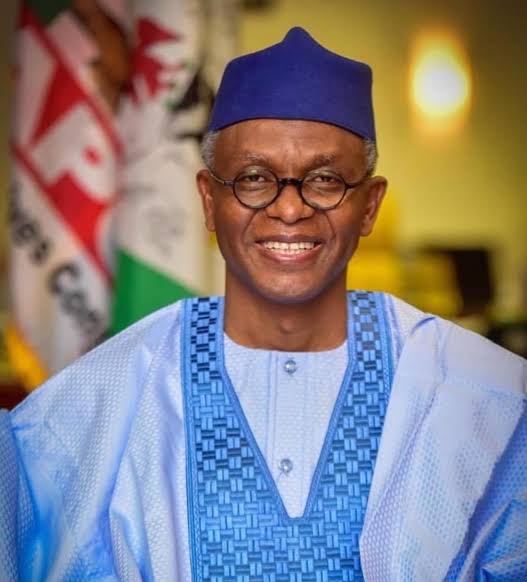NEWS XTRA

TINUBU UNDER FIRE AS EL-RUFAI RAISES “LIFE PRESIDENCY” FEARS
Nigeria’s political space is buzzing with tension following a bold warning from former Kaduna State governor, Nasir el-Rufai, who suggested that President Bola Tinubu might be plotting a path towards a “life presidency.”
In a strongly worded statement, el-Rufai alleged that Tinubu’s democratic credentials were a façade, warning that if Nigerians failed to unite and resist, the country could end up with a leader in the mold of Cameroon’s Paul Biya.
“All those years, when you heard him saying we are for democracy, were all fake. The claims that he was fighting for true federalism were all lies. What we are seeing today is a government that wants to centralise everything,” el-Rufai said.
He accused the Tinubu administration of tightening its grip on power by weakening both the National Assembly and the judiciary, warning that these institutions no longer acted as checks on executive authority.
The explosive remarks have triggered swift reactions. The presidency dismissed el-Rufai’s comments as “panic-driven propaganda,” with presidential aide Bayo Onanuga insisting Tinubu remains a committed democrat bound by Nigeria’s two-term constitutional limit. Similarly, the Lagos State chapter of the APC described the allegations as “laughable and shameful,” pointing to Tinubu’s long history of pro-democracy struggles against military dictatorship.
But not everyone is convinced. Some Nigerians, including academics, lawyers, and civil society observers, argue that el-Rufai’s comments should not be dismissed outright. They cite growing hardship, weakened institutions, and political maneuverings ahead of 2027 as warning signs that require closer scrutiny.
While critics accuse the former governor of playing politics and seeking relevance, supporters insist that his words reflect the fears of many citizens who worry about Nigeria’s democratic future.
At the heart of the debate is a fundamental question: Is el-Rufai raising unnecessary alarm, or is he exposing a looming danger that Nigerians should take seriously?
For now, the controversy has only deepened the fault lines in Nigeria’s political discourse, with 2027 shaping up to be a decisive test for both Tinubu’s government and the resilience of the country’s democracy.
"This represents a significant development in our ongoing coverage of current events."— Editorial Board









